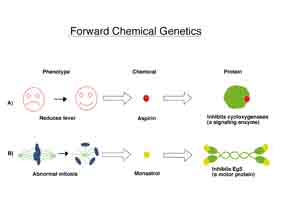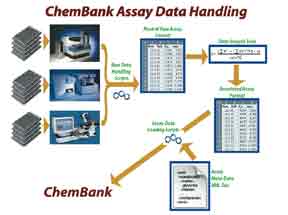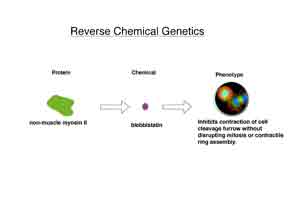Infectious Diseases/Chemical Genetics Research Summary
Infectious diseases, such as malaria, tuberculosis and trypanosomal diseases, are major health problems in developing countries. Malaria, for example, affects 100 countries in the poorer tropical areas of the world causing in excess of 1 million deaths and 42 million 'disability life years'. Most the current therapies for these diseases are limited by increasing resistance, toxicity and/or high cost, and the development of new therapeutic agents is a high priority.
The laboratory helped begin an initiative between the Harvard Medical School and the Harvard School of Public Health, to discover small molecules that have the potential to become clinical agents for the treatment of selected infectious diseases. Current work involves the use of high-throughput screening, using the large libraries of compounds available at the Institute for Chemistry and Cell Biology at HMS, to identify compounds that are active against Plasmodium falciparum and Trypanosoma brucei, the causative agents of malaria and African sleeping sickness, respectively. The forward chemical genetics developed in the laboratory rely on the characterization of phenotypic changes induced by small molecules, especially the ability to restrict cell proliferation, to identify screening positives.

Identification of small molecules with suitable activity leads to target identification, structure-activity relationships, and the synthesis of small focused libraries of similar compounds using the chemical technology platform. This data is then collected and made freely available at the ChemBank website.

The laboratory is also developing secondary assays to select compounds with novel activity, e.g., the ability to inhibit cellular invasion or heme polymerization by P. falciparum, or reverse chemical genetic screens to discover enzymes involved with the trypanothione reductase system in T. brucei.
